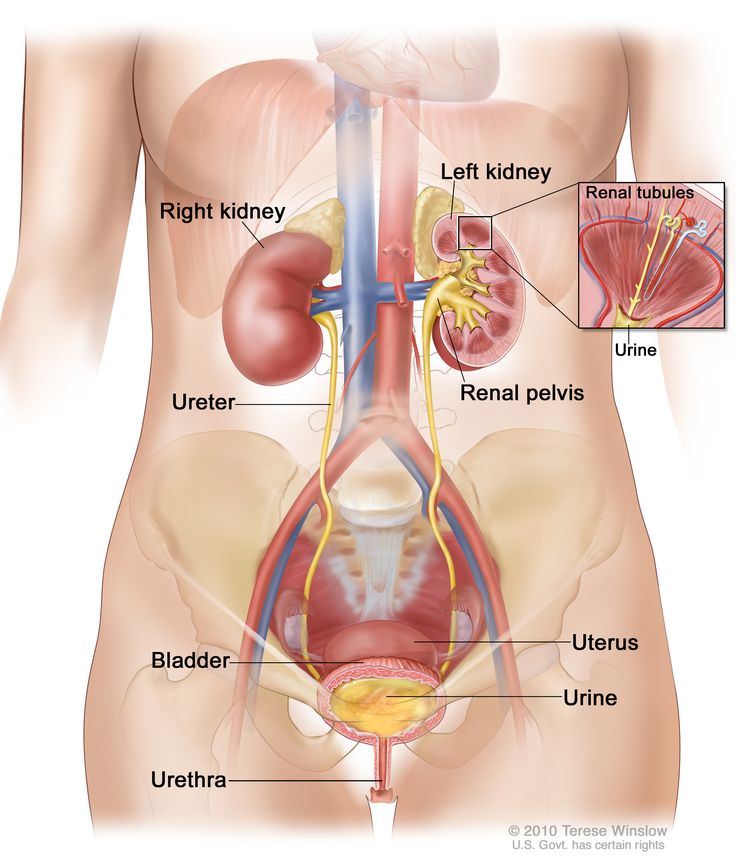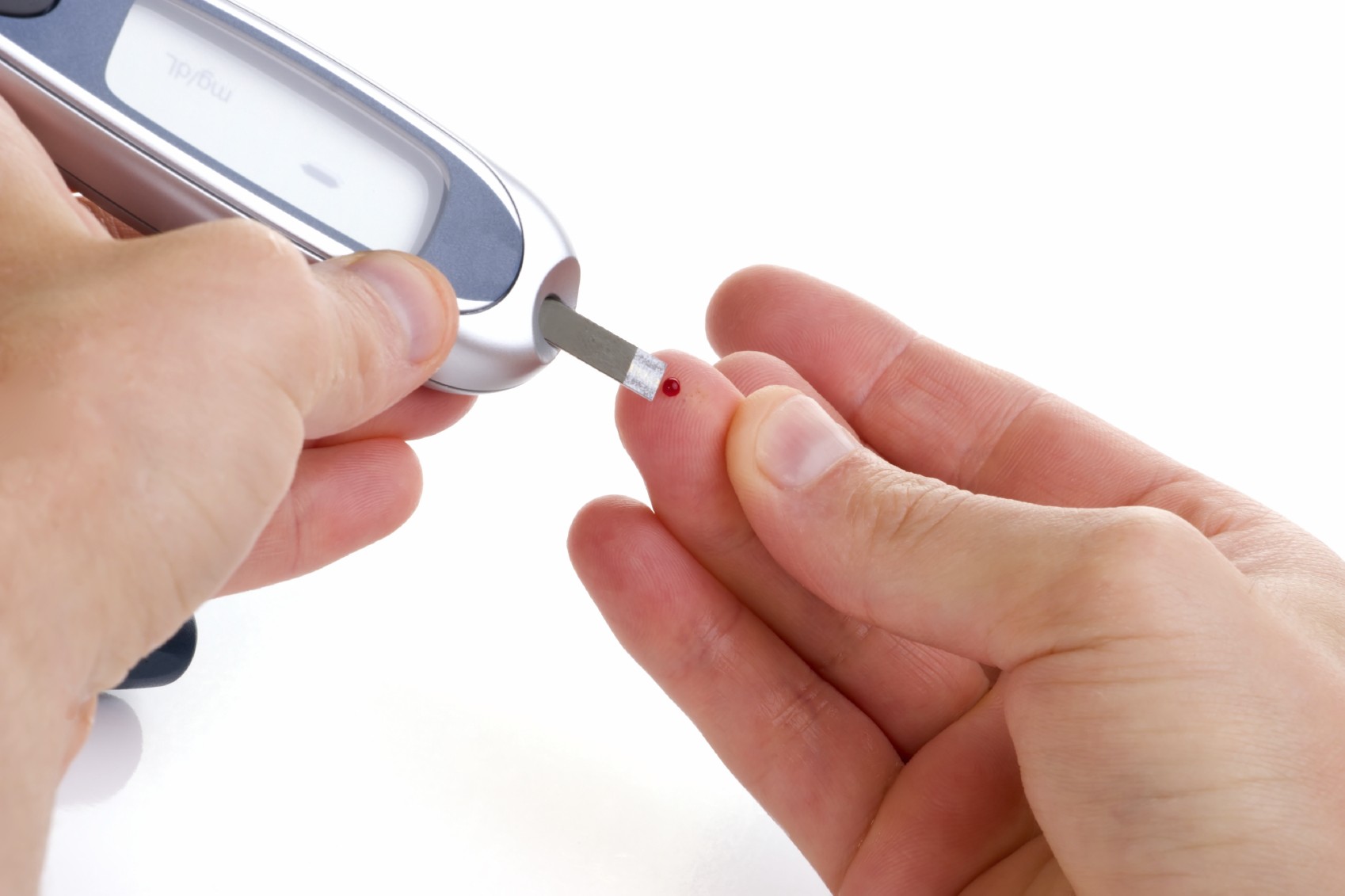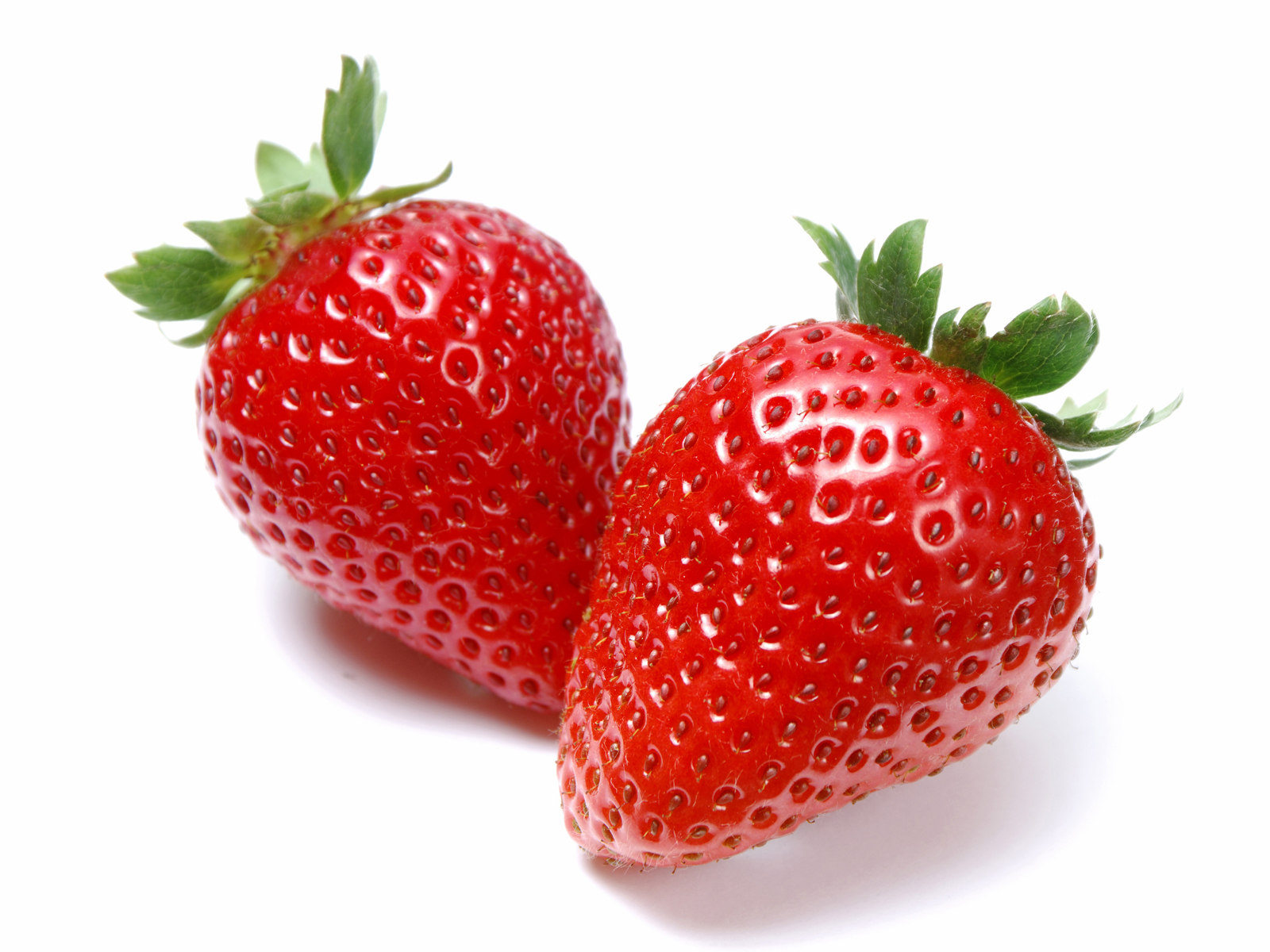A daily handful helps control type 2 diabetes and stave off heart disease and inflammation.
Strawberries are also an excellent source of vitamin C and other antioxidants.
1) Heart Disease
- Strawberries have been found to hold a multitude of health benefits.
- A Harvard study found that regular consumption of anthocyanins, a class of flavonoids found in berries, can reduce the risk of a heart attack by 32 percent in young and middle-aged women.
- The high polyphenol content in strawberries may also reduce the risk of cardiovascular disease by preventing platelet build-up and reducing blood pressure via anti-inflammatory mechanisms.
- Other studies have shown that eating strawberries helps to lower homocysteine levels, an amino acid in the blood associated with damaging the inner lining of arteries.
- The fiber and potassium in strawberries also support heart health. In one study, participants who consumed 4,069 milligrams of potassium per day had a 49 percent lower risk of death from ischemic heart disease compared with those who consumed less potassium (about 1,000 milligrams per day).
2) Stroke
- The antioxidants quercetin, kaempferol, and anthocyanins have all been shown to reduce the formation of harmful blood clots associated with strokes.
- High potassium intake has also been linked with a reduced risk of stroke.
3) Cancer
- As mentioned above, strawberries contain powerful antioxidants that work against free radicals, inhibiting tumor growth, and decreasing inflammation in the body.

4) Blood Pressure
- Due to their high potassium content, strawberries are recommended to those with high blood pressure to help negate the effects of sodium in the body. A low potassium intake is just as big a risk factor for developing high blood pressure as a high sodium intake.
- According to the National Health and Nutrition Examination Survey, fewer than 2 percent of American adults meet the daily 4,700-milligram recommendation for potassium.
- Also of note, high potassium intake is associated with a 20 percent decreased risk of dying from all causes.
5) Constipation
- Eating foods that are high in water content and fiber, like strawberries, grapes, watermelon, and cantaloupe can help keep you hydrated and your bowel movements regular.
- Fiber is essential for minimizing constipation and adding bulk to the stool.
6) Allergies and Asthma
- Because of the anti-inflammatory effects of quercetin, consuming strawberries may help to alleviate symptoms of allergies, including runny nose, watery eyes, and hives; however, to date, there have been no human studies done to prove this theory.
- Several studies have shown that the incidence of asthma is lower with a high intake of certain nutrients, vitamin C being at the top of the list.
7) Diabetes[Diabetes highlighted]

- Strawberries might be an excellent choice for people with diabetes.
- Strawberries are a low glycemic index food and high in fiber, which helps to regulate blood sugar and keep it stable by avoiding extreme highs and lows.
- Strawberries are a smart fruit choice for diabetics, as they have a lower glycemic index (40) than many other fruits.
- Researchers discovered in 2011 that eating about 37 strawberries a day can significantly reduce diabetic complications such as kidney disease and neuropathy.
- The study showed that fisetin, a flavonoid contained in abundance in strawberries, promoted survival of neurons grown in culture and enhanced memory in healthy mice, along with prevention of both kidney and brain complications in diabetic mice.
8) Pregnancy
- Adequate folic acid intake is essential for pregnant women to protect against neural tube defects in infants.
9) Depression
- Folate may also help with depression by preventing an excess of homocysteine from forming in the body, which can prevent blood and other nutrients from reaching the brain.
- Excess homocysteine interferes with the production of the feel-good hormones serotonin, dopamine, and norepinephrine, which regulate not only mood, but also sleep and appetite.








